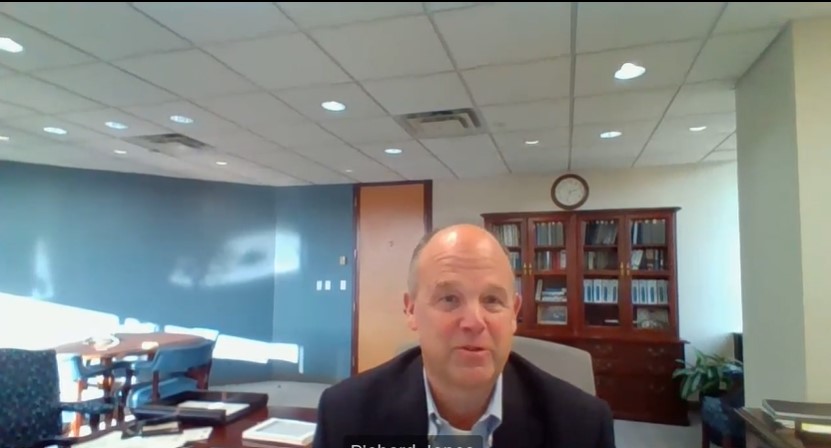This article, "FASB expands CECL disclosures to address troubled debt restructurings, write-offs," originally appeared on AccountingToday.com.
The Financial Accounting Standards Board released an accounting standards update Thursday aimed at improving the usefulness of information offered to investors about certain loan refinancings, troubled debt restructurings, vintage disclosures and gross write-offs, amending its credit losses standard.
During FASB’s post-implementation review of the 2016 credit losses standard, investors and other stakeholders who participated in a May 2021 roundtable questioned the relevance of the troubled debt restructuring (TDR) designation and the usefulness of disclosures about such modifications. Some of the participants noted that measurement of expected losses under the currently expected credit losses, or CECL, model already incorporates losses realized from restructurings that are TDRs and that relevant information for investors would be better communicated through enhanced disclosures about certain modifications.
The amendments in the new ASU would eliminate the accounting guidance for TDRs by creditors that have adopted CECL while improving the disclosure requirements for certain loan refinancings and restructurings by creditors made to borrowers experiencing financial difficulty.
“The new ASU responds to feedback we received from investors and other stakeholders during our extensive post-implementation review (PIR) of the credit losses standard,” said FASB Chair Richard R. Jones in a statement Thursday. The amendments create a single model for loan modification accounting by creditors while providing improved loan modification and write-off disclosures.”
In the area of vintage disclosures and gross write-offs, the disclosure of gross write-off information by year of origination was cited by numerous investors as an essential input to their analysis during the post-implementation reviews of the CECL standard. To address this feedback, the amendments in the new standards update require that a public business entity disclose current-period gross write-offs by year of origination for financing receivables and net investment in leases.
The ASU includes detailed information on the effective dates of the amendments.


